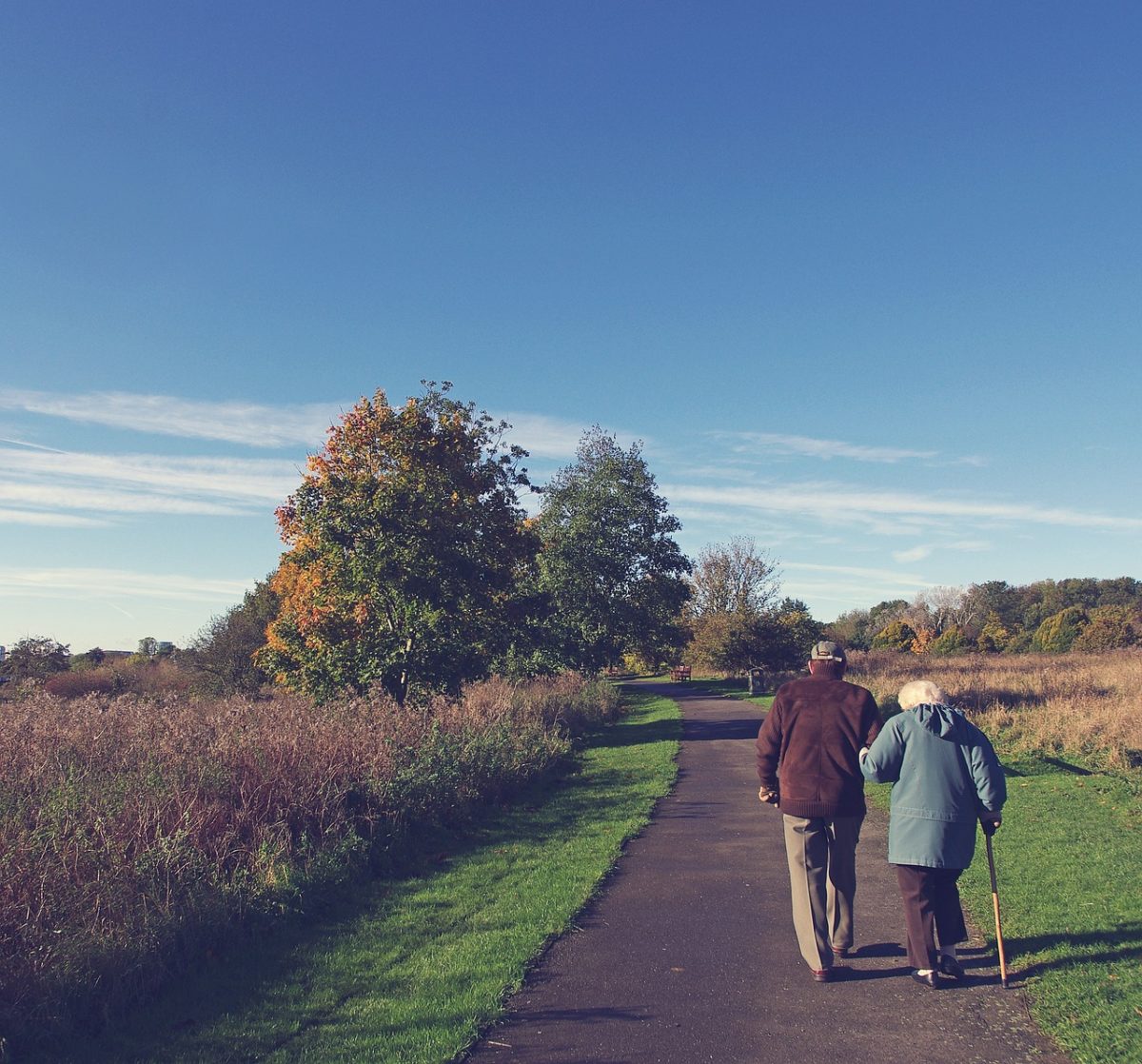Lately, the remarkable strides in medical science have undeniably enhanced the quality and expectancy of human life. This triumph, however, has ushered in an unintended consequence in the political arena, leading to the emergence of a gerontocracy—a governance system where the elderly hold significant power and influence. This phenomenon raises pertinent questions about the interplay between health, age, and political stagnation, and how these factors shape governance in various nations across the globe.
The term ‘gerontocracy’ originates from the Greek words ‘geron’ meaning old man and ‘kratos’ meaning power. It aptly describes a situation where leadership is predominantly in the hands of an older generation, often resulting in a resistance to change and innovation. This is particularly poignant in today’s fast-paced world, where adaptability and technological savvy are paramount.
The phenomenon of gerontocracy presents a unique set of challenges in the United States, where it has become particularly pronounced within the realms of governance and political leadership. This issue is not just a matter of demographic shifts, but is deeply intertwined with the political, social, and institutional frameworks that shape American democracy.
This phenomenon is not restricted to a single nation. In Japan, Prime Minister Kishida Fumio, 65, leads the world’s oldest democracy, with an average citizen age exceeding 47. Similarly, in Singapore, the median age is 41.7, with Prime Minister Lee Hsien Loong, 70, in his fourth term. In Africa, Cameroon’s President Paul Biya, who has been in power for nearly four decades, is in his late 80s, highlighting the widespread nature of gerontocracy.
This global trend towards older leadership has multifaceted implications. On one hand, experience and wisdom, often associated with age, are invaluable assets in governance. However, the reluctance to pass the baton to younger generations can lead to a stagnation of ideas, hindering progress and innovation. Moreover, the generational gap between the rulers and the ruled can exacerbate disconnects in policy priorities, especially in areas like technology, education, and climate change.
The challenge, therefore, lies in striking a delicate balance. It is imperative for political systems to harness the experience of the older generation while simultaneously empowering the youth to bring fresh perspectives and dynamism to governance. This can be achieved through term limits, mentorship programs, inclusive policymaking, and encouraging intergenerational dialogue.
As we navigate this era of gerontocracy, it is crucial to foster an environment where the torch of leadership is passed on not just out of necessity, but as a celebration of new ideas and perspectives. Only through such a balanced approach can we ensure that the political landscape evolves in tandem with the rapidly changing world, thereby preventing stagnation and promoting a vibrant, inclusive, and progressive governance model.
While the longevity of life is a testament to human progress, it is vital to ensure that it does not culminate in a political gerontocracy that hampers growth and innovation. By embracing the strengths of both the young and the old, societies can forge a path towards a more dynamic and responsive governance system that is well-equipped to meet the challenges of the 21st century.
